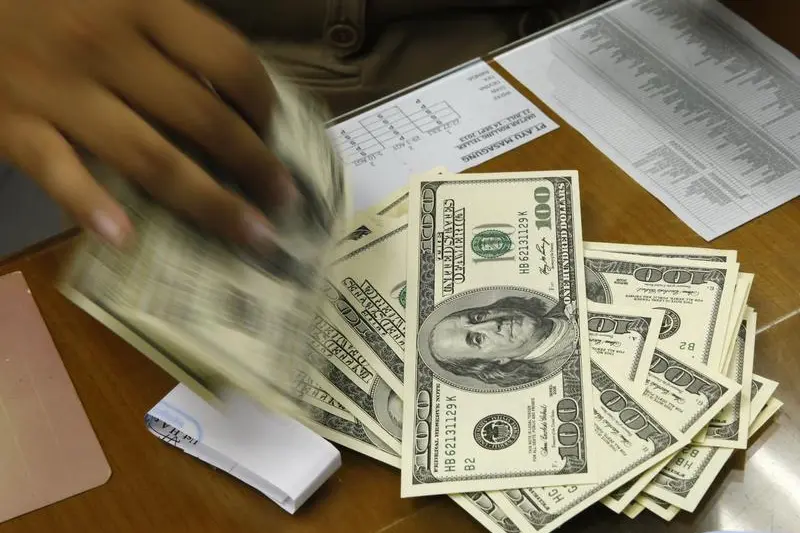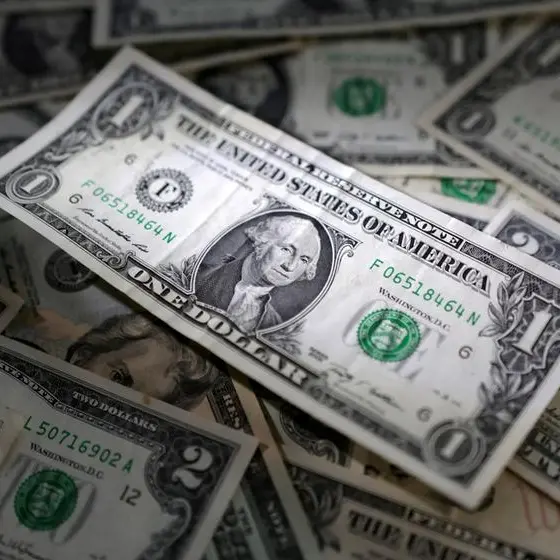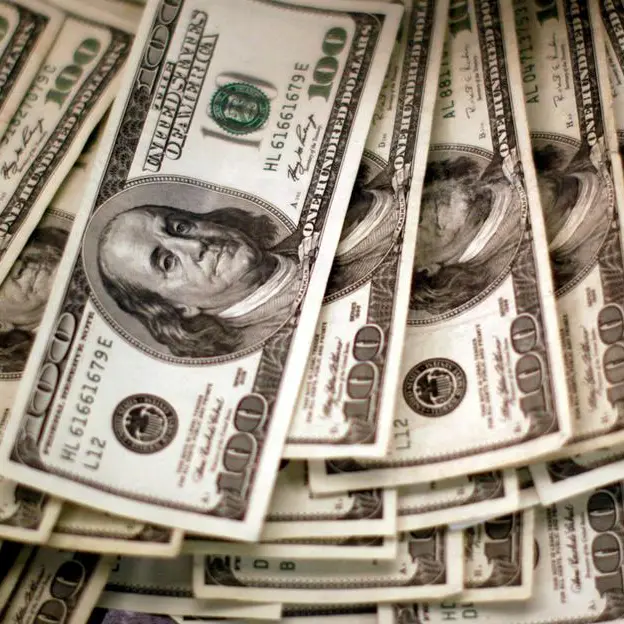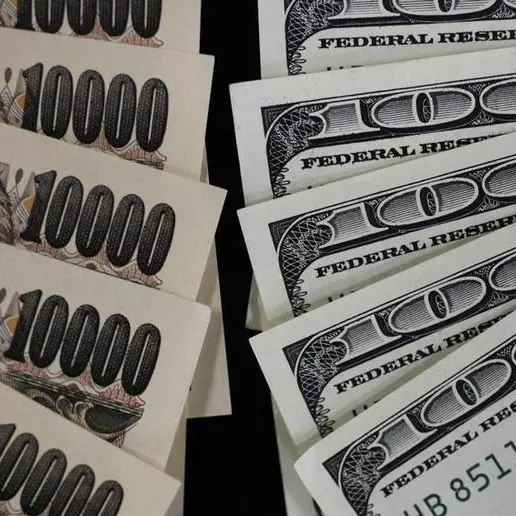PHOTO
The dollar dipped on Friday but was on track for its strongest weekly performance since early November on expectations that the U.S. economy will continue to outperform its peers globally this year and that U.S. interest rates will stay relatively higher.
A still solid labor market and stubbornly high inflation has lifted Treasury yields in recent weeks and boosted demand for the U.S. currency.
New policies under the incoming Donald Trump administration, including business deregulation, tax cuts, curbs on illegal immigration and tariffs, are also expected to boost growth and add to price pressures.
The dollar index was last down 0.16% on the day 109.04, after hitting a two-year high of 109.54 on Thursday. It is on track for a weekly gain of 0.94%.
Despite recent dollar gains there remains considerable uncertainty over when policies will be introduced by the new U.S. government, and what their ultimate impact will be. That could pause the dollar rally in the near-term.
“We’re likely to see a bit of a dollar pullback as the administration comes in because all these proposed tariffs - they're going to take some time to implement and we don't actually know if all of these proposals are going to be implemented or not,” said Helen Given, FX trader at Monex USA in Washington.
“As we move through the second half of this calendar year I think we're going to see some more dollar strength,” Given said.
The euro faces a weaker growth outlook and may be hurt by U.S. tariffs, with the European Central Bank expected to cut rates further than the Federal Reserve this year.
Traders are pricing in 100 basis points rate cuts by the ECB by year end, and only a less than certain chance of 50 basis points of cuts by the Fed.
Uncertainties including the French budget battle and German elections are also weighing on the single currency.
The euro was last up 0.23% at $1.0289 but was headed for a 1.35% weekly decline, its worst since early-November.
Sterling gained 0.15% to $1.2399. It was on track to lose roughly 1.39% for the week, the most since early November.
The dollar slid 0.15% to 157.29 Japanese yen, holding just below a five-month high of 158.09 reached in December.
The Japanese currency has suffered from the wide interest rate differential between the U.S. and Japan, with the Bank of Japan's caution over further rate increases spelling more pain for the yen.
China's onshore yuan hit its weakest level in over a year at 7.3199 per dollar, as falling yields and expectations of more domestic rate cuts continued to weigh on the currency.
In cryptocurrencies bitcoin fell 0.15% to $96,969.
(Reporting by Karen Brettell: Additional reporting by Rae Wee and Greta Rosen Fondahn; Editing by Sonali Paul, Kim Coghill and Chizu Nomiyama)





















